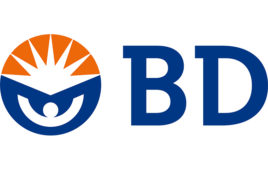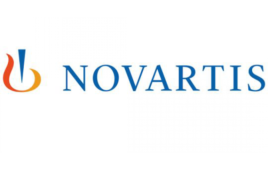
In file photo, unhappy customers send strong message on pill bottles. (Credit: AP photo/Mel Evans)
Recent, highly publicized customer service issues at airlines are a reminder that a good customer experience is critical to any organization—and oncology manufacturers are no exception.
In fact, a recent study—the 2017 Oncology CX Tracker by global sales and marketing firm ZS Associates—shows that oncologists prescribe 70 percent more products from companies that deliver a positive experience than from companies that deliver a negative experience. Yet despite this success, manufacturers continue to put the physician customer experience on the backburner: Of the 24 companies represented in the study, only six received a positive ‘Net Promoter Score’ (NPS).
ZS analysis shows that while a good product is crucial to success, it’s insufficient on its own when it comes to driving a positive customer experience. In fact, a good product accounts for less than one-third (32 percent) of the overall experience, according to the study.
“An industry-leading customer experience can be a critical advantage, and yet many pharmaceutical companies have not invested enough into creating a good experience for their customers,” said Jon Roffman, ZS managing principal. “With 836 oncology molecules in development, however, the competition for physician attention is about to become even more intense.”
“It’s time for oncology manufacturers to begin taking concrete actions, from developing new support services to designing a purposeful customer experience and orchestrating that experience when engaging customers across personal and non-personal channels,” added Sankalp Sethi, ZS manager.
Invest in Areas Beyond Product
While ZS’s research found strong correlations between healthy product pipelines, strong product launches and customer satisfaction, companies still need to invest in other elements of the customer experience. The study shows that a pharmaceutical company’s “support services” account for 22 percent of the customer experience, and interactions with their “people”—sales reps, medical science liaisons, etc.—account for 20 percent.
For example, two of the companies in the study moved into positive NPS territory by investing in customer experience initiatives, such as technology that makes customer interactions more seamless and creating new roles with a specific mandate to improve CX—in addition to launching a strong product. As a result, annual oncology revenues for both companies grew by more than 50 percent.
“Many companies mistakenly believe that product performance alone is sufficient to win a position in a physician’s consideration. In fact, our research indicates areas where some companies that focused solely on developing drugs missed the boat,” Pranav Srivastava, said ZS associate principal. “Focusing on improvements in patient services, field personnel, reputation and online engagement has an unmistakable impact on customer experience.”
With more than 4,500 professionals in 22 offices worldwide, ZS Associates focuses on helping companies improve overall performance and grow revenue and market share, through end-to-end sales and marketing—from customer insights and strategy to analytics, operations and technology.
(Source: PR Newswire)




